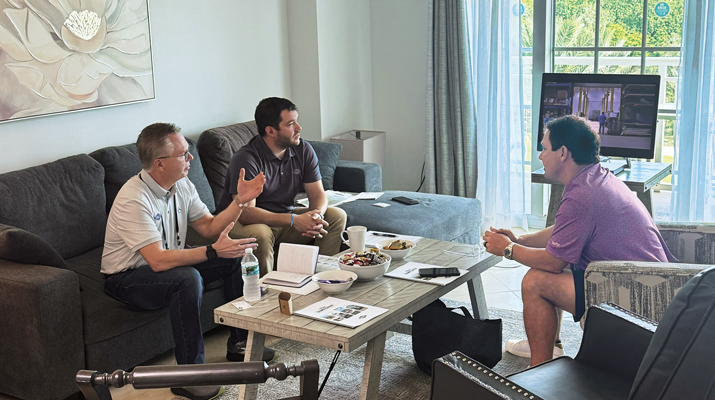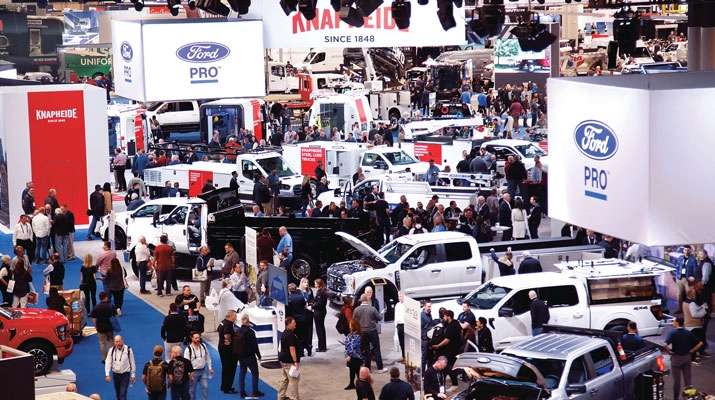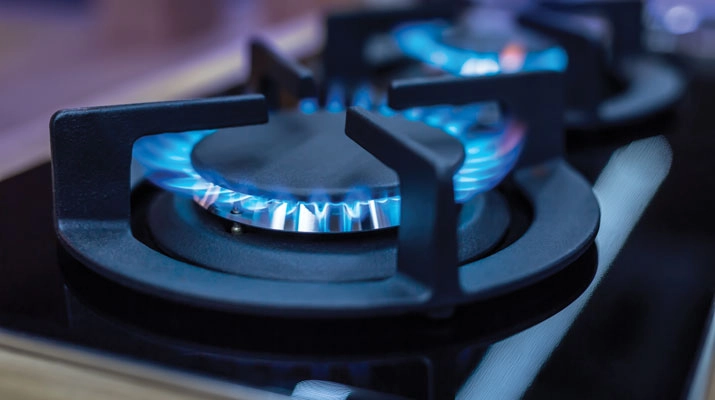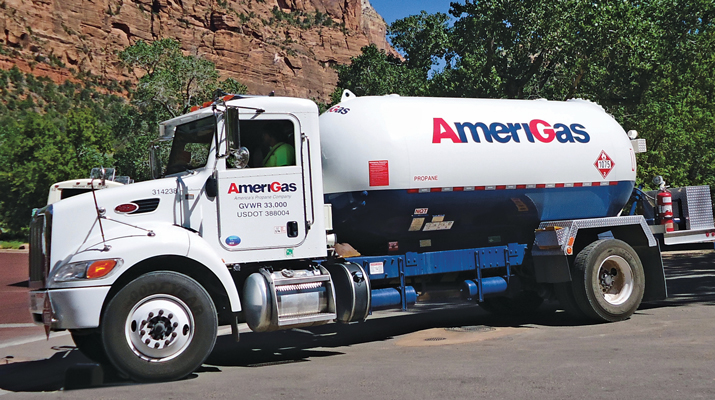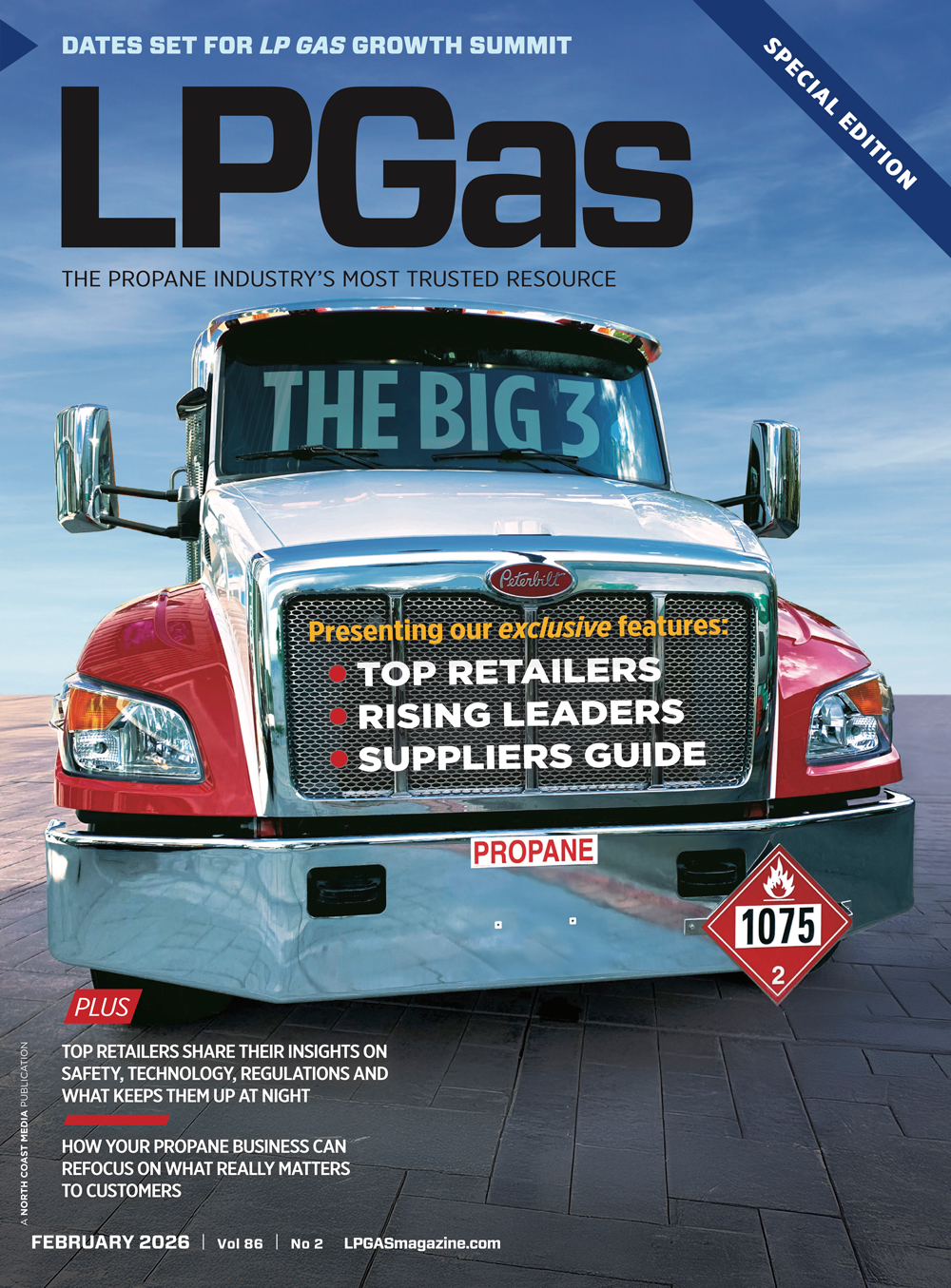California eyes growth amid forklift rule settlement
Colin Sueyres has set a propane sales goal for California: 600 million gallons annually by 2030.
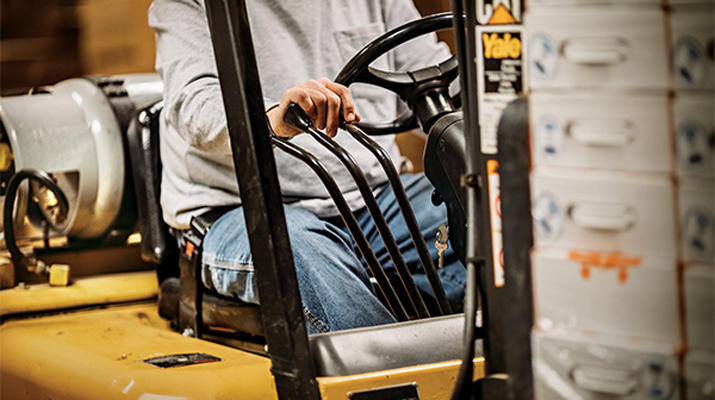
“I think it’s entirely doable with some of our big growth markets – in cylinders, in off road and autogas, and in power gen[eration],” says the president and CEO of the Western Propane Gas Association (WPGA). “There’s huge opportunities for us to grow those 12-months-a-year, 365 gallons.”
California sold 535 million gallons in 2023 – tops in the country – in the latest sales report prepared by Frost & Sullivan for the Propane Education & Research Council (PERC). The state’s retail propane sales have remained steady over the past five years, averaging 539 million gallons – despite the challenges it faces from a regulatory standpoint.
In discussing the state’s growth prospects during the Western Propane Trade Show & Convention in May, Sueyres cited the WPGA’s settlement with the California Air Resources Board (CARB) that prevents a ban on large spark-ignited (LSI) forklifts.
“WPGA and its coalition partners recognized early on that implementing this rule would prove costly at best or completely infeasible at worst,” Sueyres says in a statement. “By publicly declaring that the rule cannot be enforced and giving private businesses across California and the globe certainty, we can all work together to find workable solutions to improve our climate and air quality. I look forward to continuing our industry’s important dialog with CARB staff and its leadership.”
The threat to forklifts in California traces back to 2020 when Gov. Gavin Newsome signed an executive order seeking to decarbonize the transportation sector. CARB took steps in the ensuing years to carry out that order. In June 2024, it approved zero-emission forklift (ZEF) regulations that would prohibit the production and sale of LSI forklifts for the California market and require the early retirement of LSI forklifts in operation.
The rule impacted more than 89,000 spark-ignited forklifts operating in the state, according to CARB. The WPGA responded by suing CARB in state court.
In recent years, WPGA had been working with stakeholders to develop alternative pathways to compliance and engage CARB. In 2022, PERC released an analysis comparing the lifecycle emissions profiles of propane and electric-powered forklifts. The analysis showed that conventional propane engines are superior to electric forklifts in several states.
“It was an equitable settlement that ended very favorably for the propane industry,” says Sueyres, who cited the efforts of PERC and the Industrial Truck Association. “At least for the next [few] years, no one is going to have to look over their shoulder worrying about losing their forklift gallons.”
According to WPGA, the terms of the settlement include the following provisions that CARB will uphold, with WPGA dismissing its suit (with leave to refile if the terms are not met) for the duration of the current federal administration:
- CARB will not enforce the ZEF regulation (including reporting requirements) against any privately owned or operated fleets, or privately owned or operated fleets working on public sites, before CARB receives federal authorization.
- CARB will not enforce the ZEF regulation for acts or omissions by any party that occur prior to authorization, and will not require reporting pursuant to the ZEF regulation until the first reporting deadline after a potential future date the U.S. Environmental Protection Agency (EPA) publishes its decision to grant authorization.
- CARB will not prohibit manufacturers, dealers or rental agencies from producing, offering, selling or renting LSI forklifts in California if the forklifts meet all other federal, state and CARB regulations outside of the ZEF regulation.
- If CARB chooses to seek authorization from the EPA for the ZEF regulation, prior to doing so, CARB will consider adjusting the deadlines to follow from the date of receiving authorization to ensure that fleet operators are not unfairly deprived of the useful life of LSI forklifts of model year 2025 or later.
In addition to the conditions, WPGA and CARB have agreed to continue working together on any future forklift rulemakings to protect consumers and stakeholders who would be affected by the rule.
Related Articles
California’s forklift regulation would have rippling economic impact








